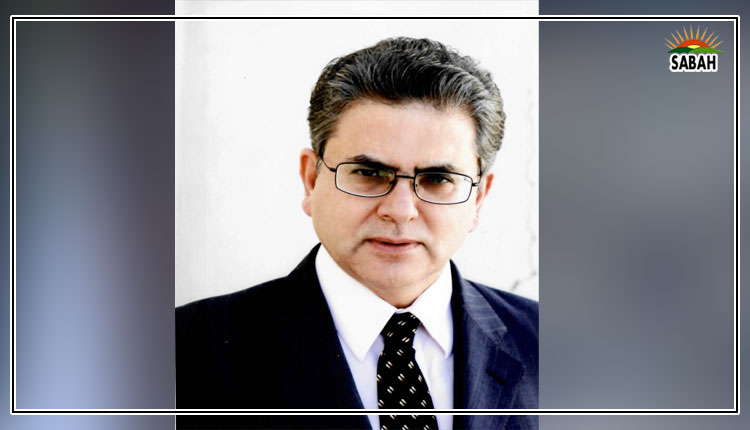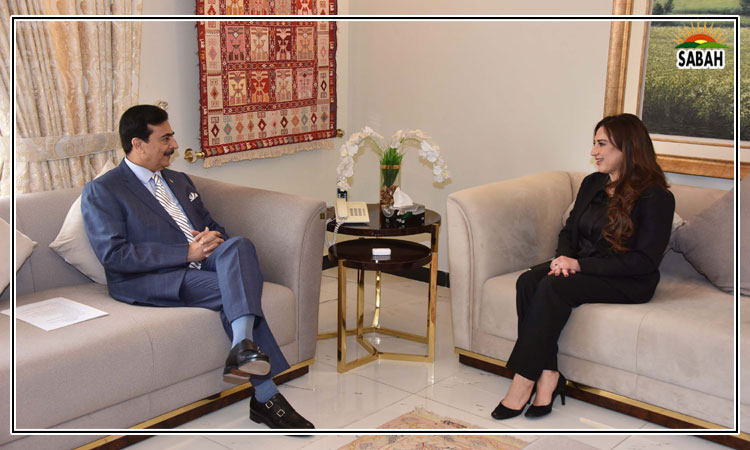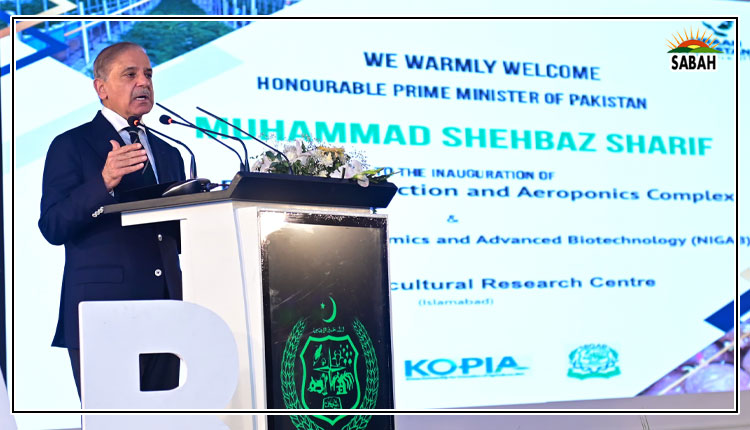American tentacles…Mahir Ali
NOT long ago, a writer discussing Churchill’s legacy singled out Britain and Australia as appendages to a rampaging Uncle Sam. The analogy might have been unkind, but it wasn’t inaccurate. The thesis was verified by last weekend’s Australia-US ministerial consultations in Brisbane, where the extent to which Canberra has embedded itself in Washington’s alimentary canal became clearer.
The talks were overshadowed by a helicopter crash that claimed four lives during the Talisman Sabre joint military exercises. It should have served as a symbol of the human cost entailed by rampant militarisation. Predictably, what poured out, instead, were the usual blandishments about sacrifice in the service of a bigger cause.
Not to put too fine a point on it, that cause primarily involves the revival of what was instituted in the wake of World War II — Seato and Cento. Pakistan, to its eternal discredit, was a member of both.
The 1954 Southeast Asia Treaty Organisation boasted only two members from the specified region, Thailand and the Philippines, alongside the US, New Zealand, Australia and former colonial powers Britain and France.
A dying empire has signed up Australia as a collaborator.
Cento, formed in 1979 and also known as the Baghdad Pact, coupled the UK with Iran, Iraq, Turkey and Pakistan. Both were Nato outshoots with the primary aim of pushing back against Soviet-Chinese communism. Both withered away in the 1970s, following the American defeat in Vietnam and Iran’s revolution.
So, there’s nothing new about Nato’s expansion into Asia, at least indirectly. This time it’s likely to be a lot more direct, with a willing Australia as the key conduit. That makes it a direct target in the event of any confrontation between China and the West. In a sense, there is nothing particularly new about this strategy from Canberra’s point of view. After all, it continued to consider itself part of the British Empire for decades after its ostensible independence, contributing manpower to every imperial endeavour from the Boer war to the Malaya insurgency and beyond. But during and after World War II, its eyes shifted from London to Washington.
There was a period after the Vietnam war — in which Australia participated, obviously on the losing side — when there was an effort to distance this colonial outpost from its genetic heritage, and to establish a comfort zone on the southern flanks of Southeast Asia.
But the endeavour was half-hearted, and when the then prime minister, John Howard, found himself stranded in the US as 9/11 and its aftermath unfolded, he offered up his nation as a deputy sheriff to Uncle Sam in Australia’s neighbourhood.
Not much has changed since then. The present Labor government would resent being associated with Howard and his successors in the Liberal-National party coalition, but Labor doubled down on its predecessors’ policies when it came to power in 2007.
Its first 21st-century PM, Kevin Rudd, is now the ambassador in Washington, and it was his successor as PM — Julia Gillard — who embellished the military relationship with the US by authorising more boots on the ground in Australia’s north.
That led to the Aukus deal, whereby Australia expects to receive nuclear-powered submarines in the 2030s. Notwithstanding Canberra’s claims about sovereignty, both the Pentagon and some members of Congress expect that underwater boats will be beholden to US interests — much like the nuclear weapons in western Europe.
Australia is also expected to manufacture long-range missiles for the Pentagon. It asked for almost nothing in return, apart from floating the idea that it might be worthwhile to bring the case of Julian Assange to a conclusion. He’s an Australian journalist in a top-security British prison, seemingly likely to be extradited to the US, where he faces decades of imprisonment — effectively a death sentence — for daring to publicise American atrocities in Iraq and Afghanistan.
US secretary of state Antony Blinken effectively told the Australians to go stuff themselves. His claim that Assange had jeopardised US security is nonsense, in the absence of any evidence that the information released by WikiLeaks harmed any individual. The motive for Assange’s persecution is revenge for embarrassment.
No one expected Australia to push back against Blinken’s nonsensical bluster. The US would be only too happy if Assange were to perish in Britain’s Belmarsh prison, in which case, Canberra would offer thoughts and prayers, but acquiesce to America’s prerogative.
America’s poison tentacles, after all, are sacrosanct, no matter how far they stretch. That does not exonerate China as a potential threat in its region, but for Australia to almost unquestioningly sign up again as a deputy sheriff to the American lord and master is folly that could lead to disastrous results long before the first nuclear submarine surfaces.
mahir.dawn@gmail.com
Courtesy Dawn, August 2nd, 2023












